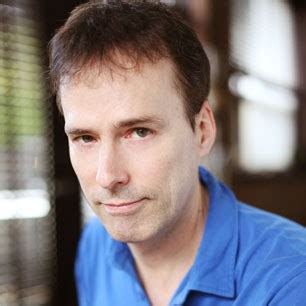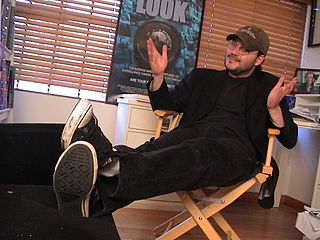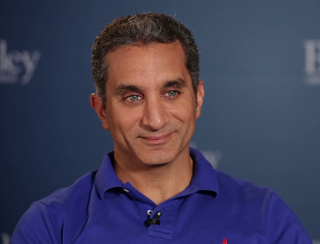A Quote by Barry Webster
Sarcasm is the language of people whose emotions are dying.
Related Quotes
Money is like any other language through which people communicate. People who speak the same language tend to find each other. If you are one whose money speaks of protection and hoarding, you will find yourself involved with others whose money speaks the same language. You will be staring at each other with hooded eyes and closed fists and suspicion will be your common value. If your money speaks of sharing, you will find yourself among people who want their money to speak the language of sharing, and your world will be filled with possibility.
It has not been definitively proved that the language of words is the best possible language. And it seems that on the stage, which is above all a space to fill and a place where something happens, the language of words may have to give way before a language of signs whose objective aspect is the one that has the most immediate impact upon us.
There is a social contract in "Fight Club" and in "Choke" where the protagonist has deceived a whole bunch of people. In "Choke" it's all of these people who think that they've saved his life, and really care about him because they've embraced him and they've been his saviors. In "Fight Club" it's all of these people who are dying of various diseases, and they thought that Edward Norton was also dying so they allowed him really strong pent-up emotions.






































